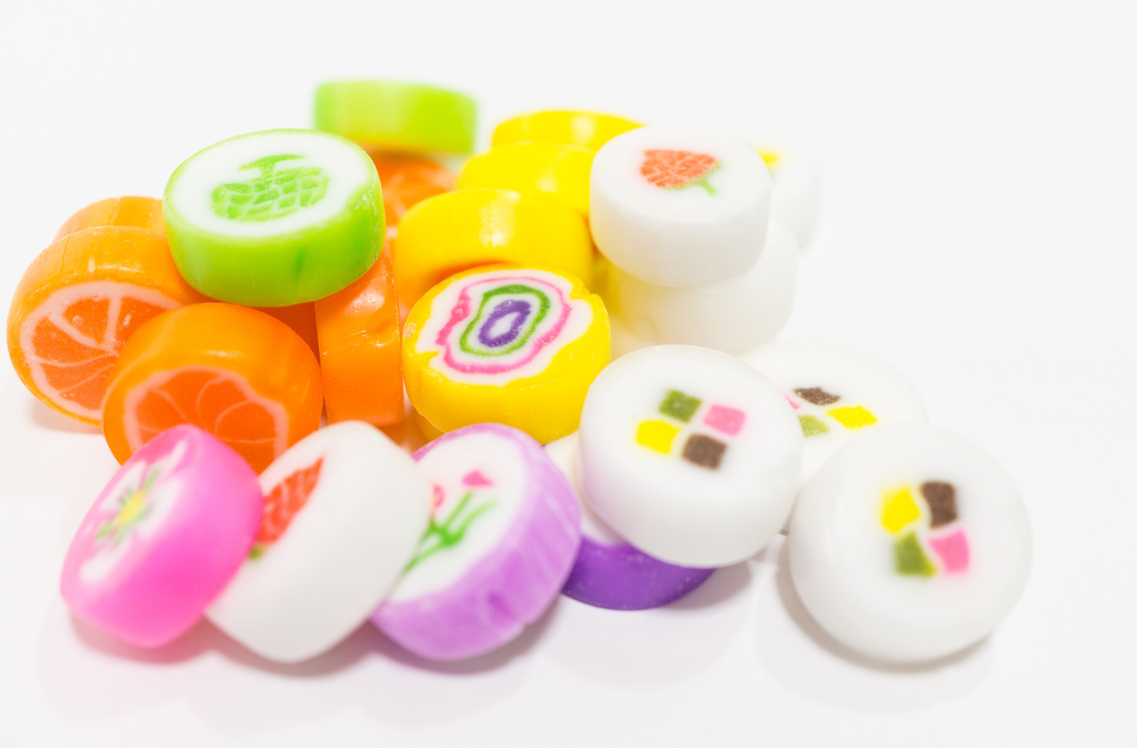Table of Contents
الجيلاتين موافق للشريعة اليهودية: ما تحتاج إلى معرفته
المؤشرات الميكروبيولوجية:

المشروع
| الوحدة | ||||||
| متطلبات المؤشر | نتائج الاختبار | العدد الإجمالي للمستعمرات | زيمبابوي/ز | |||
| ≤10000 | السالمونيلا | /25 جرام | 500 | |||
| لا يجب سحبه | لم يتم السحب | البكتيريا القولونية | MPN/ز | |||
| ≤3 | المصدر | منطقة السلامة غير الوبائية | <0.3 | |||
| نتيجة التفتيش | مؤهل | |||||
| استكشاف الاختلافات بين الجيلاتين موافق للشريعة اليهودية وغير موافق للشريعة اليهودية | فوائد استخدام جيلاتين الكوشير في الطبخ والخبز | |||||
جيلاتين الكوشر هو مكون متعدد الاستخدامات يمكن استخدامه في مجموعة متنوعة من وصفات الطبخ والخبز. وهو مصنوع من الكولاجين الموجود في عظام الحيوانات وجلدها، والذي تتم معالجته بعد ذلك إلى مسحوق عديم الطعم والرائحة وعديم اللون. واحدة من الفوائد الرئيسية لاستخدام الجيلاتين الكوشير هو أنه معتمد كوشير، مما يعني أنه يلبي المتطلبات الغذائية للقانون اليهودي. وهذا يجعله مناسبًا للاستخدام في مطابخ الكوشر ولأولئك الذين يلتزمون بنظام الكوشير الغذائي.
بالإضافة إلى كونه كوشير، يعد الجيلاتين أيضًا مكونًا رائعًا لاستخدامه في الطبخ والخبز بسبب خصائصه الفريدة. الجيلاتين هو عامل تبلور، مما يعني أنه يمكن أن يساعد في تكثيف السوائل وتثبيتها لصنع مجموعة متنوعة من الأطباق مثل الجيلي والموس والمارشميلو. يمكن استخدامه أيضًا لتثبيت الكريمة المخفوقة وإنشاء قوام ناعم في الحلويات مثل بانا كوتا وكعك الجبن. وهذا يجعله بديلاً أكثر صحة للمكثفات والمثبتات الأخرى التي قد تحتوي على مواد كيميائية أو مواد مسببة للحساسية. كما أن جيلاتين الكوشير منخفض السعرات الحرارية والدهون، مما يجعله خيارًا جيدًا لأولئك الذين يتطلعون إلى تقليل تناولهم للمكونات غير الصحية.
عند استخدام جيلاتين الكوشر في الطبخ والخبز، من المهم اتباع التعليمات الموجودة على العبوة لضمان أنه يحدد بشكل صحيح. يجب إذابة الجيلاتين في سائل ساخن قبل إضافته إلى الوصفة، ويجب تركه في الثلاجة لبضع ساعات قبل التقديم. من المهم أيضًا ملاحظة أن الجيلاتين غير مناسب للنباتيين، لأنه مشتق من مصادر حيوانية. إن شهادة الكوشير الخاصة بها تجعلها مناسبة للاستخدام في مطابخ الكوشر، كما أن خصائصها الطبيعية تجعلها بديلاً أكثر صحة للمكثفات والمثبتات الأخرى. من خلال اتباع التعليمات الموجودة على العبوة وتجربة وصفات مختلفة، يمكنك اكتشاف الفوائد العديدة لاستخدام جيلاتين الكوشر في الطبخ والخبز.
Exploring the Differences Between Kosher and Non-Kosher Gelatine
Gelatine is a common ingredient found in many food products, cosmetics, and pharmaceuticals. It is a Protein derived from Collagen, which is typically sourced from animal bones and connective tissues. However, not all gelatine is created equal, as there are significant differences between kosher and non-kosher gelatine.
Kosher gelatine is produced in accordance with Jewish dietary laws, known as kashrut. These laws dictate what foods are permissible for consumption and how they must be prepared. In the case of gelatine, kosher certification ensures that the source of the collagen used is from animals that have been slaughtered in a specific manner and that no non-kosher ingredients have been added during the production process.
Non-kosher gelatine, on the other hand, may be sourced from animals that have not been slaughtered in accordance with Jewish dietary laws or may contain non-kosher additives. This means that products containing non-kosher gelatine are not suitable for consumption by observant Jews.
One of the key differences between kosher and non-kosher gelatine is the source of the collagen used. Kosher gelatine is typically derived from animals that have been slaughtered by a trained Jewish butcher in a process known as shechita. This method of slaughter is considered humane and is believed to minimize the suffering of the animal. In contrast, non-kosher gelatine may be sourced from animals that have been slaughtered using methods that are not in line with Jewish dietary laws.
Another important distinction between kosher and non-kosher gelatine is the additives that may be used during the production process. Kosher gelatine must be free from any non-kosher ingredients, such as Pork or Shellfish derivatives, as well as any additives that are not permitted under Jewish dietary laws. Non-kosher gelatine, on the other hand, may contain a variety of additives that are not suitable for consumption by observant Jews.
In addition to the source of the collagen and the additives used, there are also differences in the certification process for kosher and non-kosher gelatine. Kosher gelatine must be produced under the supervision of a rabbi or a kosher certification agency to ensure that it meets the strict requirements of Jewish dietary laws. Non-kosher gelatine, on the other hand, may not be subject to the same level of oversight, making it difficult for consumers to determine whether it meets their dietary restrictions.

For individuals who adhere to a kosher diet, choosing products that contain kosher gelatine is essential to maintaining their dietary observance. By selecting products that are certified kosher, they can be confident that the gelatine used meets the requirements of Jewish dietary laws and is free from any non-kosher ingredients or additives.
In conclusion, the differences between kosher and non-kosher gelatine are significant and can have a significant impact on individuals who adhere to a kosher diet. By understanding the source of the collagen, the additives used, and the certification process, consumers can make informed choices about the products they consume. Whether you follow a kosher diet or not, being aware of these differences can help you make more informed decisions about the foods you eat.
The Benefits of Using Kosher Gelatine in Your Cooking and Baking
Kosher gelatine is a versatile ingredient that can be used in a variety of cooking and baking recipes. It is made from the collagen found in animal bones and skin, which is then processed into a tasteless, odorless, and colorless powder. One of the main benefits of using kosher gelatine is that it is certified kosher, meaning it meets the dietary requirements of Jewish law. This makes it suitable for use in kosher kitchens and for those who adhere to a kosher diet.
In addition to being kosher, gelatine is also a great ingredient to use in cooking and baking because of its unique properties. Gelatine is a gelling agent, which means it can help thicken and set liquids to create a variety of dishes such as jellies, mousses, and marshmallows. It can also be used to stabilize whipped Cream and create smooth textures in Desserts like panna cotta and cheesecake.
Another benefit of using kosher gelatine is that it is a natural ingredient that is free from artificial additives and preservatives. This makes it a healthier alternative to other thickeners and Stabilizers that may contain Chemicals or allergens. Kosher gelatine is also low in calories and fat, making it a good option for those looking to reduce their intake of unhealthy ingredients.
When using kosher gelatine in your cooking and baking, it is important to follow the instructions on the packaging to ensure that it sets properly. Gelatine needs to be dissolved in hot liquid before being added to a recipe, and it should be allowed to set in the refrigerator for a few hours before serving. It is also important to note that gelatine is not suitable for vegetarians or vegans, as it is derived from animal sources.
In conclusion, kosher gelatine is a versatile and healthy ingredient that can be used in a variety of cooking and baking recipes. Its kosher certification makes it suitable for use in kosher kitchens, and its natural properties make it a healthier alternative to other thickeners and stabilizers. By following the instructions on the packaging and experimenting with different recipes, you can discover the many benefits of using kosher gelatine in your cooking and baking.
